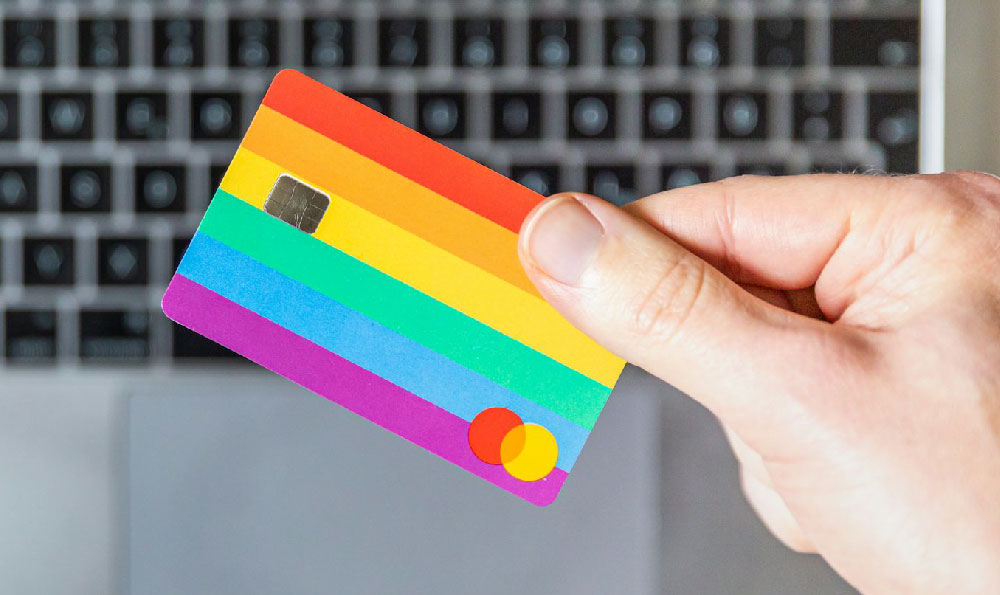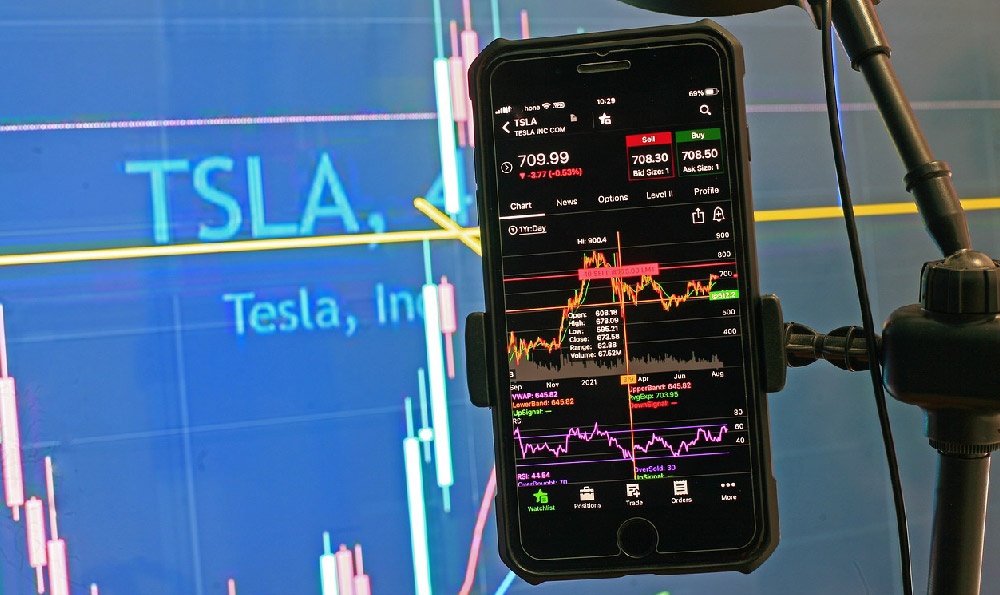How to Make Money from Music: Effective Strategies for Artists

Making money from music is not only about creating art but also about understanding the evolving landscape of the industry and leveraging multiple avenues to monetize your craft. For artists, the road to financial stability often begins with the fundamentals of music distribution, performance revenue, and brand partnerships, but it is continually reshaped by digital trends, technological innovations, and audience engagement strategies. In an era where the traditional music industry has transformed, artists must adapt by developing a multifaceted approach that blends creativity with business acumen.
One of the most sustainable ways for musicians to generate income is through the monetization of their creative output. While streaming platforms have revolutionized access to music, their payment models often favor major labels and established artists, leaving independent creators with minimal royalties. To counter this, artists should explore alternative distribution channels such as direct-to-fan platforms like Bandcamp or SoundCloud, where they can retain greater control over pricing and revenue sharing. Additionally, offering exclusive content through membership programs or limited edition releases can create a loyal fanbase willing to pay more for unique experiences. This model not only provides a steady income stream but also fosters a deeper connection between the artist and their audience.
Live performances remain a cornerstone of music monetization, yet their profitability depends heavily on the artist's ability to build a sustainable touring model. Unlike the past, where large tours dominated revenue, modern artists often adopt a hybrid approach combining festivals, small venue shows, and virtual concerts. This diversification allows for geographic expansion while minimizing costs. For example, streaming live sessions on platforms like YouTube or Twitch can reach global audiences at a fraction of traditional touring expenses. Moreover, implementing tiered ticket pricing, VIP experiences, and merchandise sales during live events can significantly boost revenue. It is essential to invest in high-quality production and marketing to ensure that live performances are both visually and emotionally compelling, which enhances their value to fans.

The digital age has created unprecedented opportunities for artists to monetize their presence through social media and online communities. Platforms like Instagram, TikTok, and YouTube offer tools to turn creative work into income through advertising, sponsorships, and affiliate marketing. However, success here requires consistent content creation, strategic engagement, and an understanding of algorithms. For instance, TikTok challenges or trends featuring an artist's music can create viral exposure, leading to increased streams and sales. Artists should also consider developing a strong personal brand that extends beyond music, such as through fashion collaborations, lifestyle content, or charitable initiatives. This not only attracts a broader audience but also opens doors to lucrative endorsement deals.
Investing in music technology and innovative income streams can further diversify an artist's financial portfolio. Music NFTs and blockchain-based platforms have emerged as new avenues for monetizing creative assets, allowing artists to sell ownership rights or royalties directly to fans. This decentralized model provides transparency and potential long-term gains, though it carries risks related to market volatility and technological adoption. Additionally, exploring music licensing for films, TV shows, or video games can offer substantial payouts, as seen with the success of popular tracks in Hollywood productions. Artists must stay informed about these opportunities and experiment cautiously to determine their viability.
The most effective strategies often involve a long-term perspective, emphasizing the importance of copyright management and intellectual property protection. Registering music with platforms like ASCAP or BMI ensures that artists receive royalties for public performances, which can be a significant source of passive income. Moreover, licensing music for commercial use requires understanding legal frameworks and negotiating fair deals. For example, a song used in a major advertising campaign can generate substantial revenue, but artists must be proactive in monitoring and claiming these rights. This proactive approach ensures that music remains a valuable asset over time, even as trends change.
Ultimately, the path to financial success in music requires a balance between artistic integrity and strategic planning. Artists should consider building a diversified revenue model, investing in education about financial tools, and staying attuned to market trends. The music industry's evolution has created both challenges and opportunities, and those who adapt with creativity and business insight will be better positioned to thrive. Whether through traditional means or emerging technologies, the key lies in treating music as a business while remaining true to the art. By doing so, artists can transform their passion into a profitable career, ensuring that their work continues to resonate and generate value for years to come.















